Description
The HPE 3PAR 8000 400GB+SW SFF SSD (N9Y06B) is a cutting-edge solid-state drive designed to deliver high performance and reliability for enterprise storage solutions. Tailored for integration with HPE 3PAR StoreServ 8000 Storage arrays, this SSD exemplifies advanced technology to meet the rigorous demands of modern data centers.
The N9Y06B SSD features a Small Form Factor (SFF) of 2.5 inches, making it ideal for high-density storage environments. It uses a Serial Attached SCSI (SAS) interface, providing a dual-port, full-duplex interface that ensures high data throughput and redundancy. This SAS interface operates at 12Gb/s, ensuring rapid data access and transfer rates, which are essential for enterprise-level applications requiring consistent and low-latency performance.
With a storage capacity of 400GB, this SSD is designed to handle intensive workloads with ease. The 3PAR 8000 SSD utilizes NAND flash memory, which is known for its durability and speed. The SSD’s architecture allows for high IOPS (Input/Output Operations Per Second), significantly enhancing the performance of applications such as databases, virtual desktop infrastructures (VDIs), and high-transaction environments. The write-intensive nature of this drive makes it particularly suitable for applications that require frequent and high-speed data writes.
The “+SW” in the product name indicates the inclusion of software support, enhancing the drive’s functionality and manageability. This software integration ensures seamless compatibility with HPE 3PAR StoreServ Management Console and other HPE storage management tools, providing an intuitive interface for monitoring, configuring, and optimizing the SSD’s performance. This tight integration simplifies the management of large-scale storage environments and aids in maintaining optimal performance and reliability.
The HPE 3PAR 8000 SSD is designed with power efficiency in mind. It operates within a lower power envelope compared to traditional spinning disks, which helps reduce the overall power consumption of data centers. This efficiency contributes to lower operational costs and supports sustainability initiatives by reducing the carbon footprint associated with storage infrastructure.
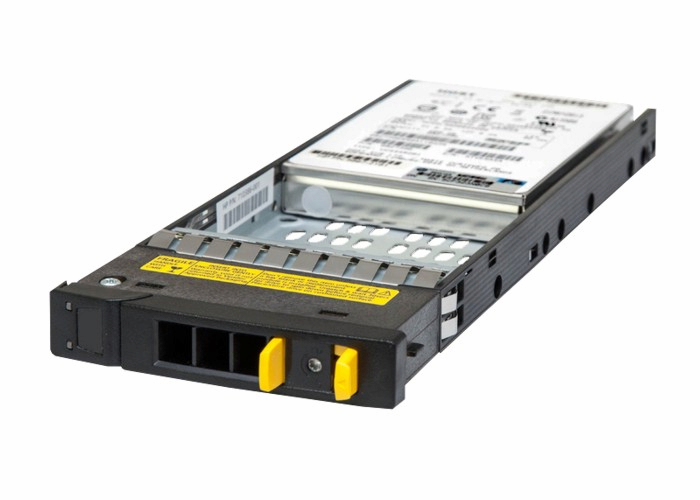
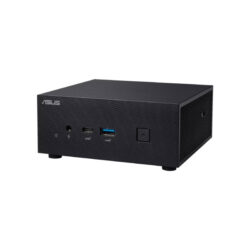
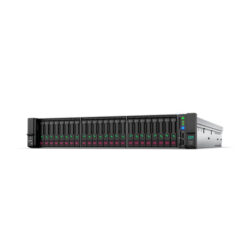
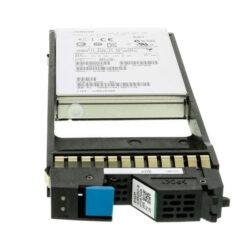
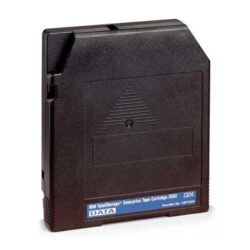
Reviews
There are no reviews yet.